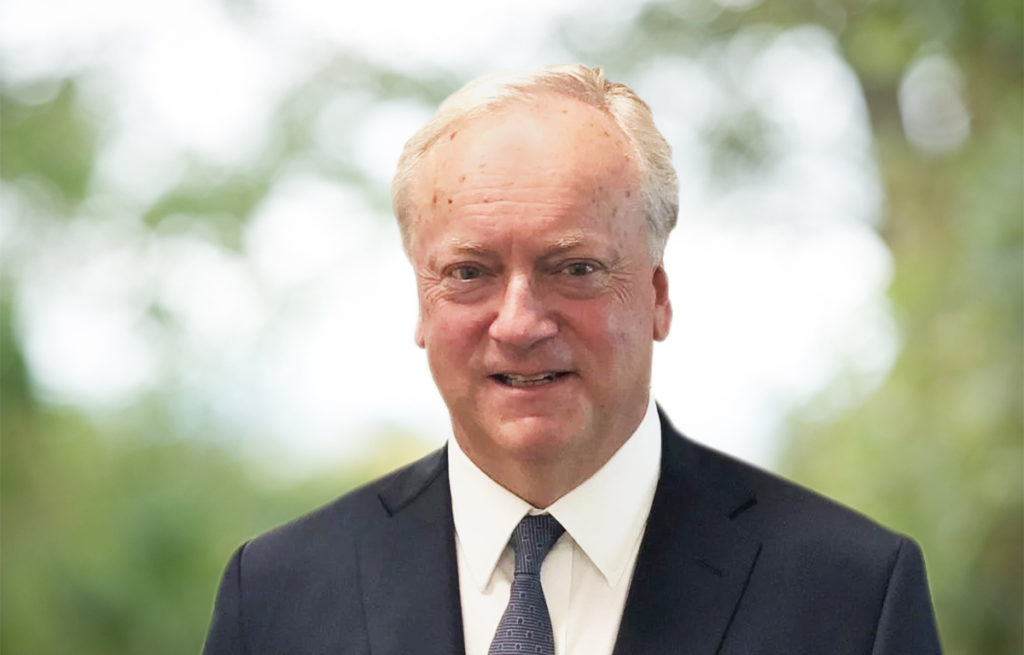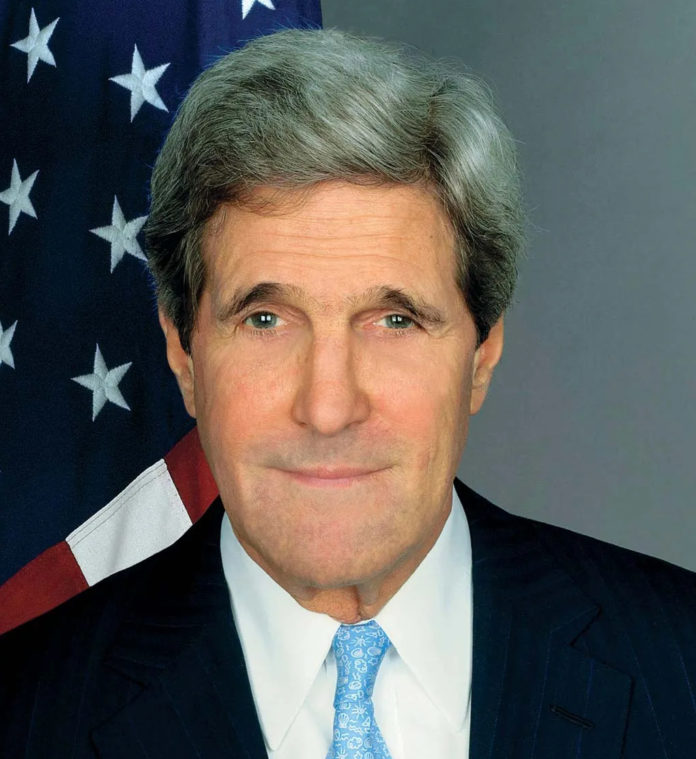Two terms with the World Economic Forum (WEF)’s prestigious Global Agenda Council (GAC) on “Countering Terrorism” and given the nexus between corruption, organised crime and terrorism made it apparent that without interdicting or eradicating the source of funding of terrorism, this evil could never be rooted out. With my change over to GAC for “Anti-Corruption and Transparency” being agreed to, I also became a member of WEF’s “Partnership Against Corruption Initiative” (PACI). It has been a mixed experience, rewarding enough given the opportunity to exchange views with the foremost experts in the world, also very frustrating because theoretical initiatives overwhelmed mostly the practical aspects of combatting corruption. Good intentions notwithstanding a lot of strict laws in the developed world are either flatly ignored and/or glossed over deliberately.
Inter-acting extensively with MD Transparency International (TI) Cobus de Swardt, and Nicola Bonucci of “Basel Institute on Governance” (BIOG), my GAC Council Member colleagues include Panama’s Vice President and Foreign Minister Isabel Saint Malo de Alvarado, Serge Pun from Myanmar, the honest intensity of the two leading the practical initiatives I am personally proud of, from Nigeria Yetunde Allen (Clean Business Practice Initiative) and USA’s Blair Glencorse (Accountability Lab), the committed Sabine Zindera from Siemens Germany, etc. OECD Secretary General Ángel Gurría had chaired earlier meetings of PACI gave full access to extensive anti-corruption initiatives by OECD, with very little representation from the developing countries where corruption is endemic and from where emanate most illicit financial flows (IFFs) bound for the developed world “depository” of most of such illegal monies. My esteemed colleagues from the developed world would suffer my simple propositions, viz (1) positively establish the “beneficial ownership” of offshore firms, offshore accounts and assets thereof (particularly real estate) and (2) ensure transactions in all purchases of any assets to be recorded through financial institutions, in silence with rather condescending smiles.
The “Panama Papers” has drastically changed the anti-corruption landscape. When British PM David Cameron’s name appeared in the leak, his full disclosure in Parliament substantially cleared the doubts. The leaks galvanized govts across the world to acknowledge that corruption was “front and center” among the world’s problems. The Anti-Corruption Summit 2016 organised by British PM David Cameron in London on May 12, 2016 was a real game-changer in the fight against corruption. Significant steps were taken to coordinate the implementation of existing laws and strengthen processes to augment combatting corruption. This includes setting up of a joint mechanism to recover assets and return them to country of origin, a sort of a clearing house for overcoming legal and administrative roadblocks. Even if 25% of the “London Communiqué” is adhered to, anti-corruption forces are in business. The term “developed world” has recently been banned by the World Bank, countries like Pakistan from where vast amounts siphoned off reach safe havens like the UK, mainly into real-estate, can be referred to as the “suffering world”.
During the London Summit six countries (among them Britain, Afghanistan, Kenya, France, the Netherlands and Nigeria) agreed to establish a public register of “beneficial ownership”. Five countries including Australia will also join the 29 nations where public registers of “beneficial owners” already exist. Available only to govts behind closed doors means essentially they are not so public a document but it is a start. To quote Jose Ugaz, Chair of TI “we called on countries to be ambitious and concrete in their proposals to prevent and punish corruption and protect those who stand up against it. Some countries have risen to the challenge and some have not”.
A week after the London Summit, PACI’s Bi-Annual Meeting convened in Wash DC on May 19 at APCO’s HQ chaired by David Cruickshank, Global Chairman Deloitte and Leonard McCarthy Director Integrity World Bank. On May 20 another Session was hosted by Leonard McCarthy at the World Bank HQ. The quality of discourse took on a new meaning after the Summit, Gretta Fenner, MD BIOG, participating in the London proceedings came away with the feeling of light possibly at the end of the corruption tunnel. In the well organised array of pragmatic discussions instead of the largely theoretical discourse we were earlier used to, credit is due to WEF’s Pedro Rodriguez de Almeda and Lauren Silveria for keeping us on schedule.

The Bi-Annual Inter-active Session on May 20 on “Rebuilding Trust and Integrity in Business and Institutions” was chaired jointly by David Cruickshank Global Chairman Deloitte and Leonard McCarthy. Margery Kraus of APCO and Uade Ahimie of Sahara Group were my colleagues as Panel Members. This time around I found traction to the two proposals earlier mooted by me viz (1) compulsory declaration of national tax numbers of “beneficial owners” and (2) that no transaction or purchase of any asset to be made in cash. Both the co-Chairs agreed that the tax registration number was a really simple process and would confirm “beneficial ownership”. Since transactions over UK Stg 5000 (or equivalent) in cash is considered as “money-laundering”, strict adherence and implementation of existing laws would allow recovery and repatriation of 95% of stolen assets.
It was a matter of pride to explain the pioneering work done by NADRA for biometric identification and the magnificent initiative of the State Bank of Pakistan (SBP) to eliminate this evil by instituting thereof a biometric electronic remittance specific gateway. “Havala” or “hundi” does not involve actual transfer of money but IFFs do happen by balancing the home remittances made by low-paid expatriate workers against the transferring of illegal money earned abroad. Far ahead of the rest of the world in electronic identification measures, we lack the political will to carry out accountability, one wonders why?
Therese Lee, Legal Counsel of Google (she could earn Google even more as a stand-up comic) commented deadpan “the discussions were so “incendiary” they set off the fire alarm. Luckily only one Agenda item remained before the World Bank was evacuated. The Panama Papers uncovered only the tip of the iceberg in “beneficial ownership”. Thousands of Pakistanis (95% of whom do not pay any taxes) are part of the “crony capitalism” embedded in Pakistan, even though not named in the Panama Papers they own extensive property in London. The “public register” will not only “name” and “shame” them but given good intention by the UK Govt to match their rhetoric, we may even recover the stolen money.
US Secretary of State John Kerry’s comment “there are no safe havens for the corrupt” underlines the essence of the London Summit 2016, “you can neither run, nor hide anymore”.




